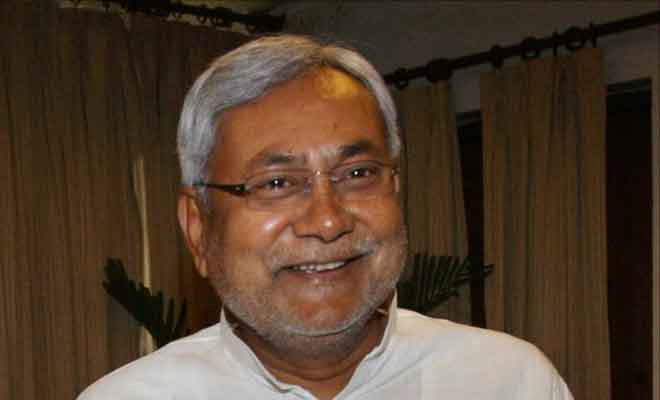It cannot be stressed enough that the preparation of India’s yearly Budget is the world’s toughest tightrope balancing act. In a country of 1.3 billion Indians, a gazillion sects and a country where the dialect changes every 20 kilometers, the Indian Budget is a unique unifying factor as it affects, both positively and negatively almost everybody living in our great nation. Sitting in a small office, a select group of individuals charts the course of the Indian economy, soon to be the world’s fifth largest. Put simply, the budget in India is a political exercise, not a fiscal one.
The recent budget announced by the Indian Finance Minister, Shri Arun Jaitley is neither a radical game changer nor a damp squib. The announced budget contains a slew of measures for the agriculture and rural sectors, a new health insurance scheme has been announced for the poor and a small relief in income tax for the salaried class and senior citizens.
While there are some truly monumental schemes that have the potential to revolutionize our healthcare, agriculture, and infrastructure, there are doubts about how the projects will be implemented smoothly. However, most of the criticism directed is generic. The archaic bureaucracy needs to be overhauled for smoother application of projects. A new healthcare scheme for the poor has the potential to actually change the Indian healthcare scenario. Undoubtedly, the focus has been on the rural economy. This is important as that is where the heart of the nation lives.
The major criticism against this budget is that it is anti-middle class. The rationale being that there have been no sops for the middle class and the income tax slabs have not be tinkered with. But we should all realize that in a country with limited resources and just too many requirements, priorities and constraints will always find a way into the Budget, no matter which party prepares it. The Budget has used the majority of the resources at its disposal for the benefit of the rural agricultural class, the majority of whom are already in dire straits and in need of aid.
The Budget also brought major heartburns for the BJP’s alliance partner, the TDP of Andhra Pradesh who claimed they have not been given their due in this budget and demanded a bigger share of the pie from it. However, the resources are limited and not every demand, however genuine can be fulfilled.
Andhra Pradesh was bifurcated and while it is sharing its capital, Hyderabad with Telangana, it will have to shift it after 10 years. A new capital, Amravati is currently being planned and there is a need for funds to develop it. So naturally, when their demands were not met, the politicians from Andhra Pradesh clamored for blood and Shri Naidu, the Chief Minister of Andhra Pradesh visibly displayed his angst at being “ignored in the budget”. There were calls within his party to snap its ties with BJP but hopefully, the alliance is strong for now (due to some quick firefighting by the BJP top brass).
The demand for additional funds for Andhra Pradesh is genuine but there are several other and more improvised states in the country whose demands are important too if we are to balance the wealth distribution in our nation. Bihar, for example, is one of the most backward states in the country. Bihar needs funds, more than Andhra Pradesh to ensure that government schemes are implemented for the betterment of the people reach them. Bihar also lacks industries and a strong service base to raise enough funds by taxation. The Central Government tried to balance to growth and aspirational needs of the entire nation.
This became clearly evident when Bihar Chief Minister Nitish Kumar put out a statement that the state got more than expectation from the Union budget in terms of share in tax revenue. While the state’s share of tax revenue has been put at Rs 76,000 crore, Bihar’s own expectation was much less than that.
Bihar is an important state. Both electorally and socially. But so is Andhra Pradesh. JD-U is a valuable alliance partner for BJP and but, so is TDP. However, while JD-U and TDP are both regional parties, BJP is a national party. Hence like a big brother who knows what is best for its siblings, it has carefully tried to balance the needs of both its younger brothers.
No doubt, Nitish’s words were a soothing balm for the BJP which has already been attacked from multiple quarters for too long on what was an exceptionally well-rounded budget.
